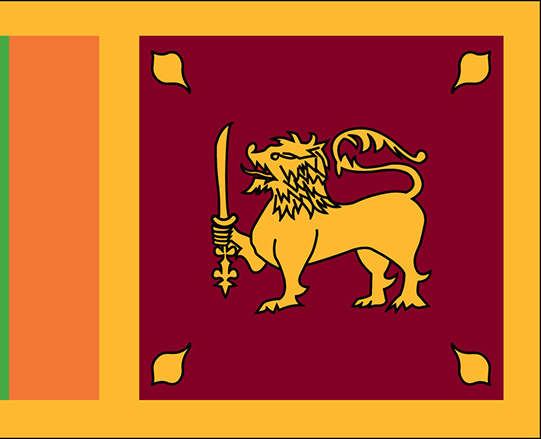This report considers the history, extent and nature of laws criminalising consensual sexual intimacy between women, and the anti-LGBT criminal laws of all varieties that foster and perpetuate homophobia against lesbian and bisexual women as a particular group.
Research and activism in respect of criminalisation tends in many cases to treat LGBT people as a homogeneous group, without further analysing the differential contexts of and impacts on the constituent members of that group. Virtually all of the legal analyses and case law to date, for example, have been centred primarily on the criminalisation of gay and bisexual men. As a result, there remains a dearth of disaggregated data and legal analyses relevant to the particular experiences of others within the group, which in turn means that the range of legal and other responses to LGBT criminalisation and persecution has been incomplete.
Female adult same-sex sexual conduct is criminalised in many jurisdictions, although a precise number is difficult to quantify, as shown in this report. In other jurisdictions, it is clear or likely that only male same-sex sexual conduct is criminalised. In all of them, and even in jurisdictions where no LGBT people are criminalised, lesbian and bisexual women and other sexual minorities experience severe human rights violations based on their actual or perceived sexual orientation or gender identity. As a result of repressive legal regimes, lesbian and bisexual women suffer many of the same consequences as others within the LGBT community. These include violence, discrimination and ostracism, in addition to actual or threatened arrest and prosecution.
This report aims to contribute to the expansion of the global discourse by analysing both the status of criminalisation of lesbian and bisexual women as a particular group, and the unique and overlapping human rights violations experienced by them that are fostered and perpetuated, directly or indirectly, through the criminal law. It also discusses what is needed to break the silence over the persecution of lesbian and bisexual women, including better research, data collection, access to justice and inclusion of women as decision-makers, litigants and other agents of change.
The sections of this report can be read together or independently. Section 2 summarises the range of legal provisions that are used to criminalise same-sex sexual conduct. It also outlines some of the relevant history that is important to understand how these laws developed, often in ways that are distinct between the criminalisation of male and female same-sex sexual intimacy. Section 3 outlines the diverse ways in which lesbian and bisexual women as a particular group experience the violence, discrimination and persecution that such state-sanctioned homophobia enables, which again often differ in nature or degree from other sexual and gender minorities. Section 4 provides a brief overview of some of the internationally recognised human rights norms that are most relevant to eradicating the abuses faced by lesbian and bisexual women. Section 5 identifies gaps in research and data collection that need to be filled in order to better address the criminalisation of lesbian and bisexual women and the unique abuses they face.
Download the report



